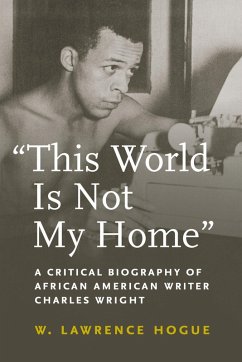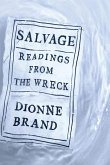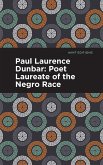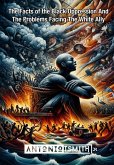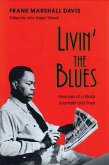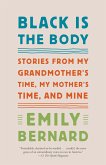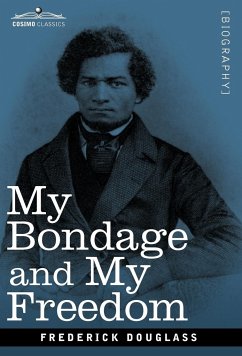"In the 1950s, Charles Wright's (1932-2008) star was on the rise. After dropping out of high school and serving in the Korean War, the young Black writer landed in New York, where he was mentored by Norman Mailer, signed a book deal with a leading publisher, and was celebrated by the likes of Langston Hughes and James Baldwin. Over the decades to follow, Wright would lead a peripatetic and at times precarious life, shifting between Tangier, Veracruz, Paris, and New York penning a regular column for the Village Voice, and spending a lifetime dodging creditors, battling addiction and mental health issues, and living off the goodwill of his friends. As W. Lawrence Hogue shows, Wright's innovative fiction stands apart, offering a different vision of outcast Black Americans in the postwar era and using satire to bring agency and humanity to working-class characters. This critical biography-the first devoted to Wright's significant but largely forgotten story-brings new attention to the writer's impressive body of work, in the context of a wild, but troubled, life"--
Hinweis: Dieser Artikel kann nur an eine deutsche Lieferadresse ausgeliefert werden.
Hinweis: Dieser Artikel kann nur an eine deutsche Lieferadresse ausgeliefert werden.

